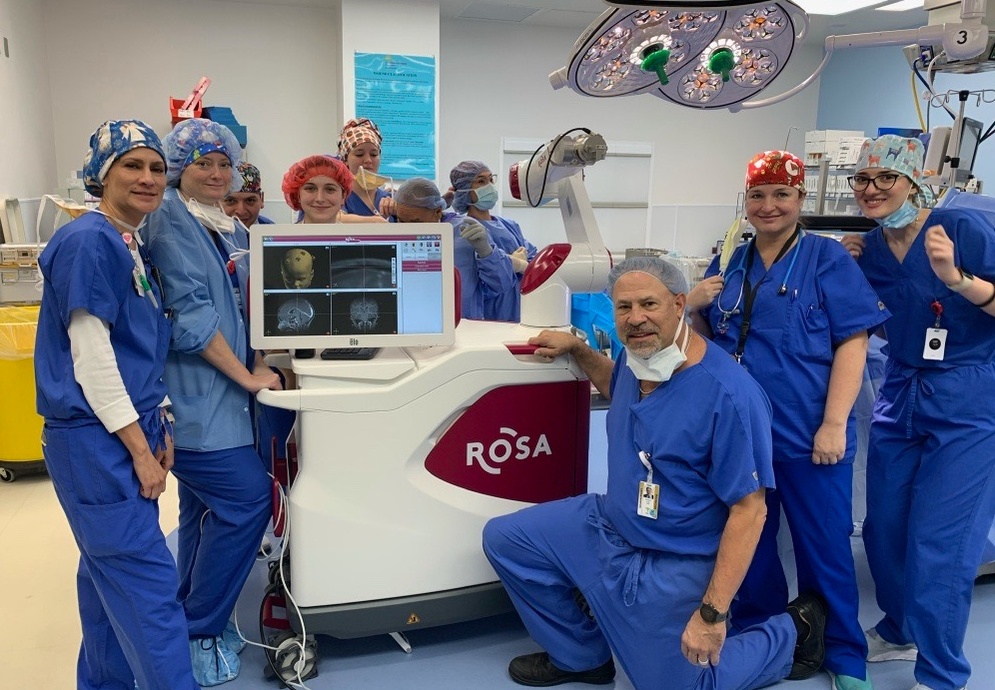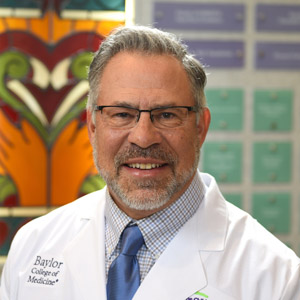The First Signs of a Malfunctioning Shunt
Approximately one month after their appointment, the young girl said she had a bad headache and felt ill at school.
Stacy picked her up early from school, made sure she rested and got plenty of fluids. Initially thinking it was a stomach bug, Stacey could tell something was different.
“Usually when someone gets a stomach bug, it’s really bad for 24 hours, and then it’s done,” Stacy said. “In her case, she hadn’t been throwing up consistently, so when she threw up again on Saturday, I decided to take her to the urgent care to make sure it wasn’t anything else. At the time, it never occurred to me that her shunt was malfunctioning.”
The team at the urgent care thought the issue might be related to her gallbladder, so they sent D.R. to the hospital ER for further testing. They quickly ruled out the gallbladder at the hospital and instead opted for a CT scan to see if anything else seemed out of the ordinary.
“The CT scan is what first indicated that it might be her shunt,” Stacy said. “The doctors there contacted Dr. Lee, and she was quickly transferred to CHRISTUS Children's.”
Shunt Malfunction Symptoms
Shunt malfunction symptoms may include:
- headache
- vomiting
- lethargy
- confusion
- irritability
- visual disturbances
- seizure activity
- cranial nerve palsy
If a shunt becomes blocked or damaged due to infection or poor maintenance, the cerebrospinal fluid will build up in the brain, causing an increase in intracranial pressure, which can lead to permanent damage if left untreated. Individuals with hydrocephalus need to be aware of possible signs of shunt malfunction and take action immediately if any occur.


